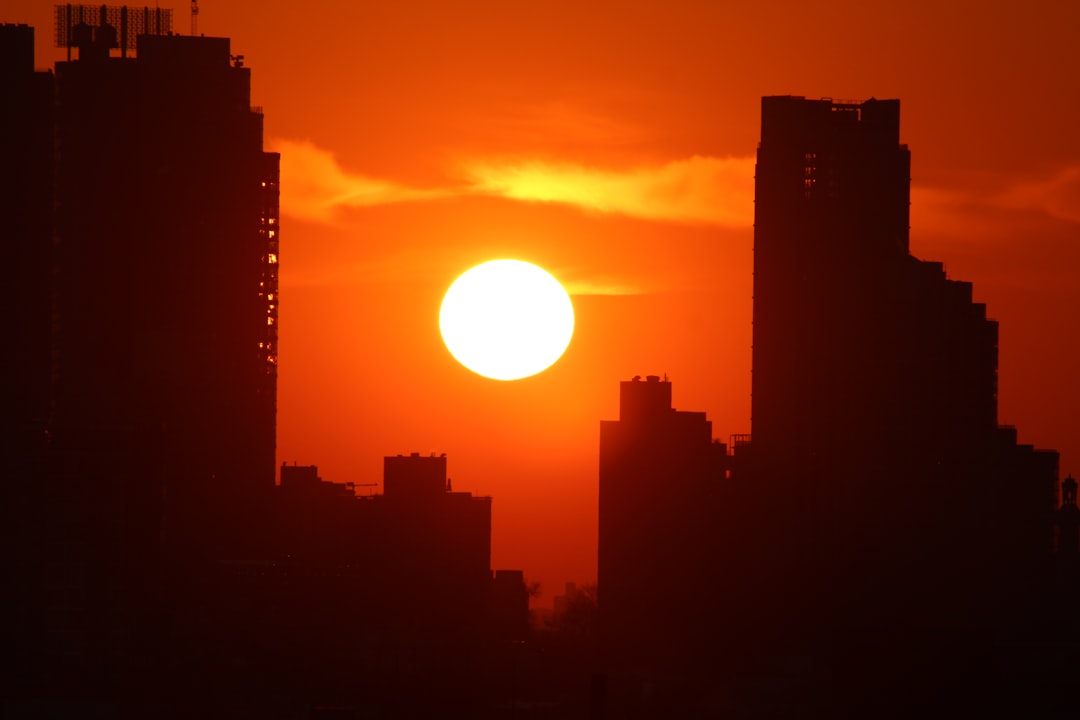Heat Waves Are Not Natural Disasters—They’re Human Failures
Heat waves, once seen as rare freaks of nature, are now a grimly familiar feature of summer. Every year, reports surface of “millions at risk” as soaring temperatures claim lives, devastate crops, and overwhelm cities. But let’s be brutally honest: these are not natural disasters as much as they are the price we pay for collective inaction, denial, and short-sightedness.
The Real Heat: Who Is Responsible?
Too often, media and policymakers frame heat waves as random acts of God. That narrative is not just tired—it’s dangerously misleading. Decades of scientific evidence reveal a different truth: our choices, from burning fossil fuels to resisting adaptation measures, have transformed global temperatures. Industry lobbyists, indifferent politicians, and even everyday consumer habits bear responsibility.
| Blame Game: Perspectives on Accountability for Heat Waves | |---------------------------------------------------------------|
| Perspective | Main Argument | Cultural Attitude |
|---|---|---|
| Climate Scientists | Human-made emissions drive more frequent/intense heat | Alarm and urgency |
| Fossil Fuel Industries | Downplays link, blames “natural cycles” | Defensive/denial |
| Everyday Consumers | “Everyone does it,” feels powerless to change | Apathy or frustration |
| Governments (Democracies) | Incremental policies “balance” economy and environment | Slow change, division |
| Vulnerable Communities | The powerful must own up; we bear the burden | Anger, activism, resignation |
Heat Waves: The Deadliest “Silent Killer”
Heat doesn’t just make people uncomfortable. It kills—quietly, disproportionately, and often invisibly. Unlike hurricanes or fires, its victims don’t make for dramatic video. But in a typical year, heat waves reliably kill more people in the United States than any other weather disaster.
Surprising Death Tolls (Average Annual Fatalities in the U.S.)
| Disaster Type | Annual Deaths |
|---|---|
| Heat Waves | 1,300+ |
| Hurricanes | 80-100 |
| Tornadoes | 70-80 |
| Floods | 80-100 |
Rich vs. Poor: The Morality of Survival
A working air conditioner is a matter of life or death. But the right to a cool home depends brutally on wealth. Heat exposure is a mirror reflecting how society values—or ignores—its most vulnerable.
- Rich neighborhoods see little mortality; they invest in infrastructure, shade, and cooling.
- Poor, elderly, and marginalized people die—often alone, in stifling apartments or on city sidewalks.
Is it acceptable, in a technological age, that the survival of millions depends on their bank balance and zip code?
Air Conditioning: Saviour or Saboteur?
Historically, humans adapted to heat. But in the last half-century, we invented our way out—at least, those who could afford it. Air conditioning now underpins everything, from productivity to public health. Yet the more we use it, the more we accelerate the root problem: emissions.
| Air Conditioning: A Double-Edged Sword | |-------------------|---------------------| | Benefit | Downside | | Comfort, safety | Increases electricity demand, emissions | | Reduces deaths | Worsens urban heat if energy isn't clean| | Economic growth | Barrier for poor households |
Heat as a Wedge Issue: Cultural Denial and Political Paralysis
Why do we let this continue? The reasons are tangled:
- Cultural denial: “Heat is just summer, it’s always been this way.”
- Economic interests: Fossil fuel profits trump long-term safety.
- Political cowardice: Short election cycles discourage system-wide reform.
- Public distraction: The slow, steady toll of heat is easy to ignore—until it’s your family.
Radical Adaptation or Crisis by Default?
The only honest way forward is a radical rethink:
- Design cities for shade and ventilation, not just cars.
- Build social safety nets that guarantee access to cooling.
- Transition to clean energy—urgently.
- Reframe deaths from heat not as “natural tragedies” but unnatural, preventable injustices.
If we fail, “millions at risk” will become “millions lost.” Heat will keep exposing our blind spots, and our indifference will become its deadliest accelerant.
This article was inspired by the headline:
'Millions at risk amid widespread heat wave - Axios'.

Comments
No comments yet. Be the first to comment!